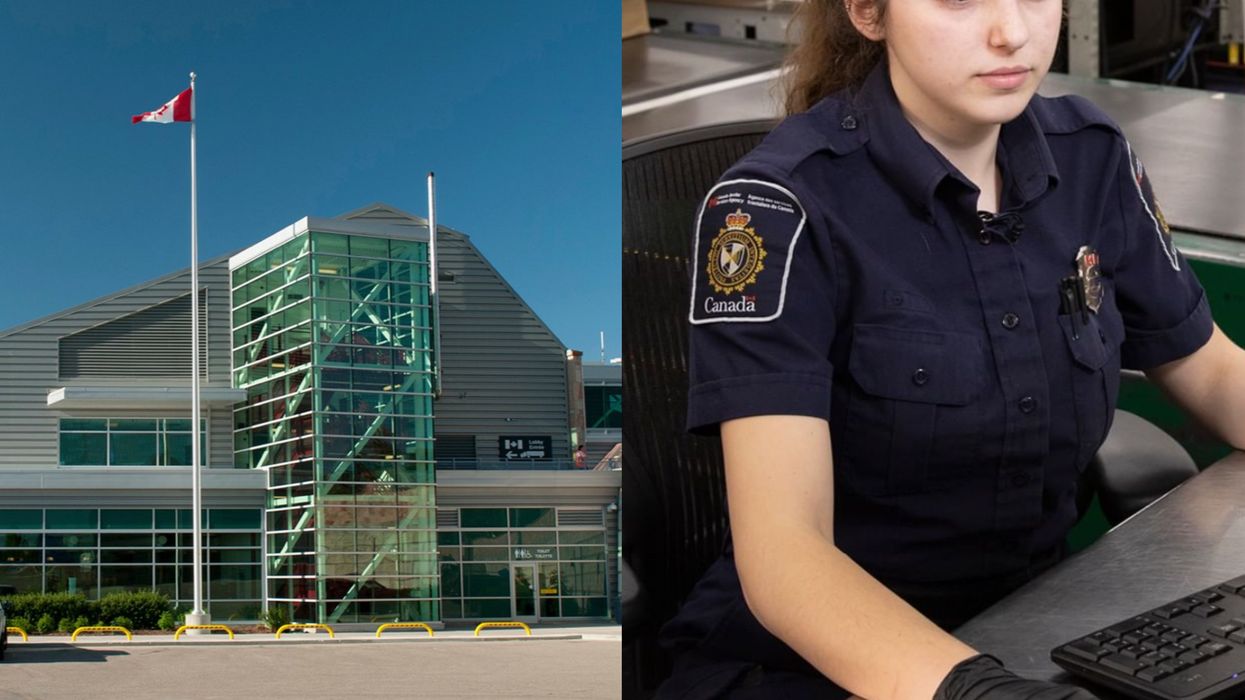Canada’s New Land Border Restrictions Just Started & Here’s What You Need To Know
In an attempt to control the spread of COVID-19 and the emerging variants, Canada’s land border travel restrictions have been updated by the federal government.
As of February 15, travellers entering Canada via land will be required to comply with new restrictions, including showing proof of a negative COVID-19 test.
While the land border rules are still less strict than those at the country’s air borders, anybody crossing will definitely need to be prepared for ramped-up provisions.
With that in mind, here’s everything you need to know:
Editor's Choice: 6 Canadian TV Shows From Your Childhood That Actually Existed & Weren't Just Fever Dreams
What will I need to cross the land border?
Starting on Monday, February 15, all travellers entering Canada by land will be required to show proof of a negative COVID-19 molecular test.
According to a statement from the government, the test must be taken in the U.S. within three days of scheduled arrival at the border.
Those permitted to enter Canada can also show a positive COVID-19 test result, providing it was taken between 14 and 90 days before arriving at the border.
Last week, officials also revealed that as of February 22, all travellers entering via land borders must take another COVID-19 molecular test upon arrival, in addition to their two-week quarantine period.
Like passengers entering the country via air, land border travellers must also download the ArriveCAN app and submit their contact information and travel itinerary (including a quarantine plan) before entry is permitted.
Are there any exemptions?
In a public address earlier this month, Justin Trudeau acknowledged that Canadian citizens and permanent residents cannot be turned away from Canada’s land borders, as they have a legal right to enter the country.
However, while Canadians without proof of a negative COVID-19 test won’t be prevented from entering, they may face fines of up to $3,000 per day or even criminal prosecution.
Canada’s government also notes that “exemptions continue to be in place to ensure that economic supply chains continue between Canada and the U.S.”
According to CTV News, around 93% of people will be waved through at the border, as essential workers like truck drivers and medical staff are exempt from the new rules.
What are the penalties for non-compliance?
In addition to the fines and possible criminal prosecution for Canadians failing to comply with the updated restrictions, there are also hefty penalties in place for anyone showing fake test results or breaking quarantine rules.
Transport Canada revealed in January that anybody caught with fake testing details, or giving false documentation, could face fines of up to $5,000.
All travellers suspected of giving untrue or misleading information will be handed over to the government.
In addition, people caught violating quarantine or isolation instructions are committing an offence under the Quarantine Act and could face penalties of $750,000 in fines or even imprisonment.
What about the hotel quarantine rule?
From February 22, all passengers arriving in Canada via air will be required to complete a mandatory three-night quarantine in a government-approved hotel.
Right now, this rule will only apply to people arriving via plane and is not required of those entering by land.
That said, the Government of Canada warns that land travellers “may also be required to go to a designated quarantine facility if they are symptomatic on arrival at the border, or do not have a suitable quarantine plan.”

